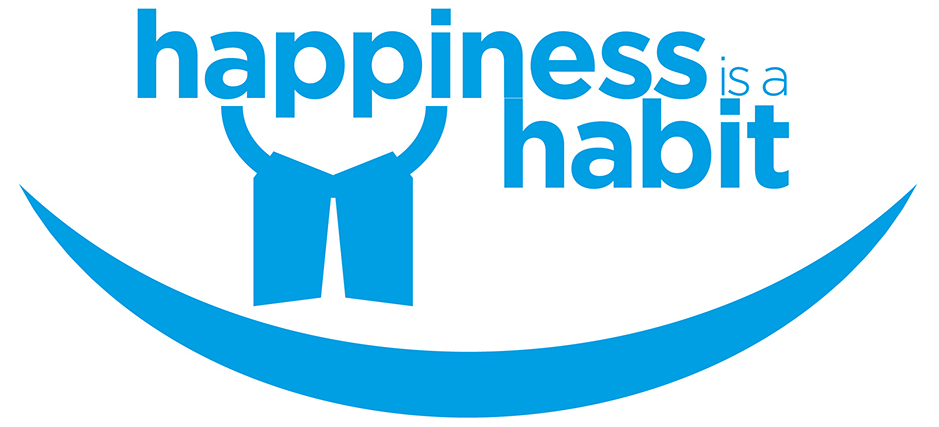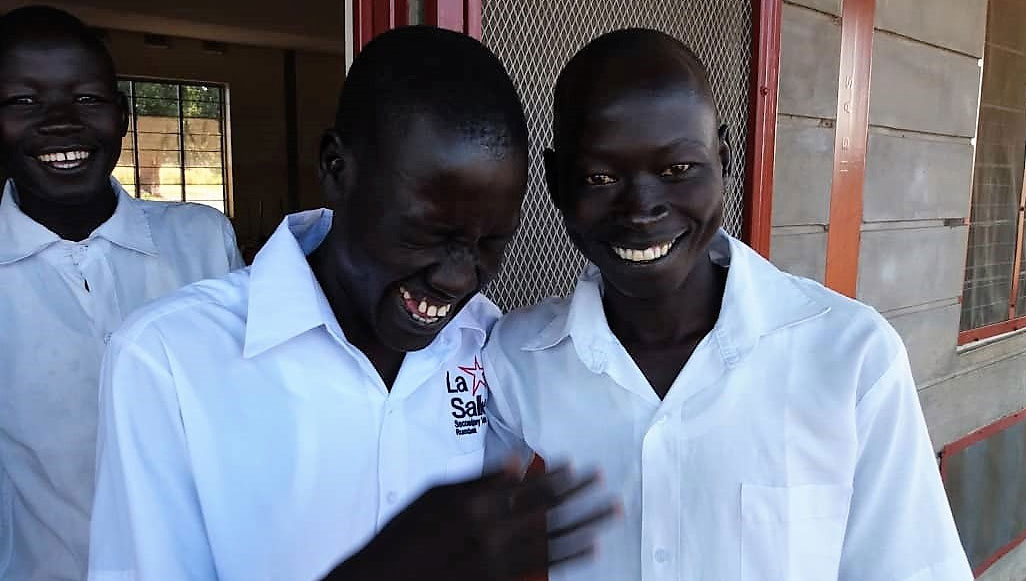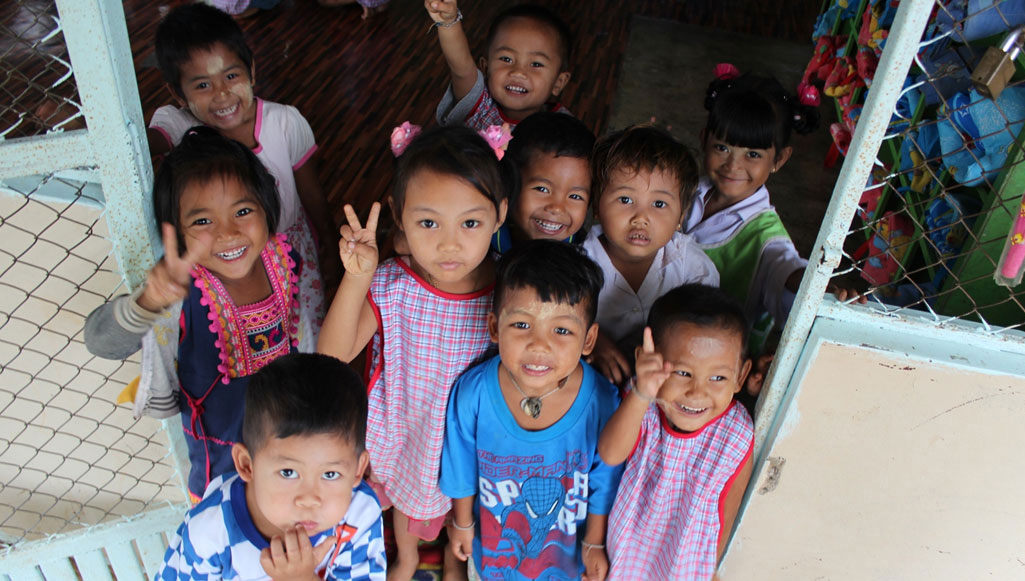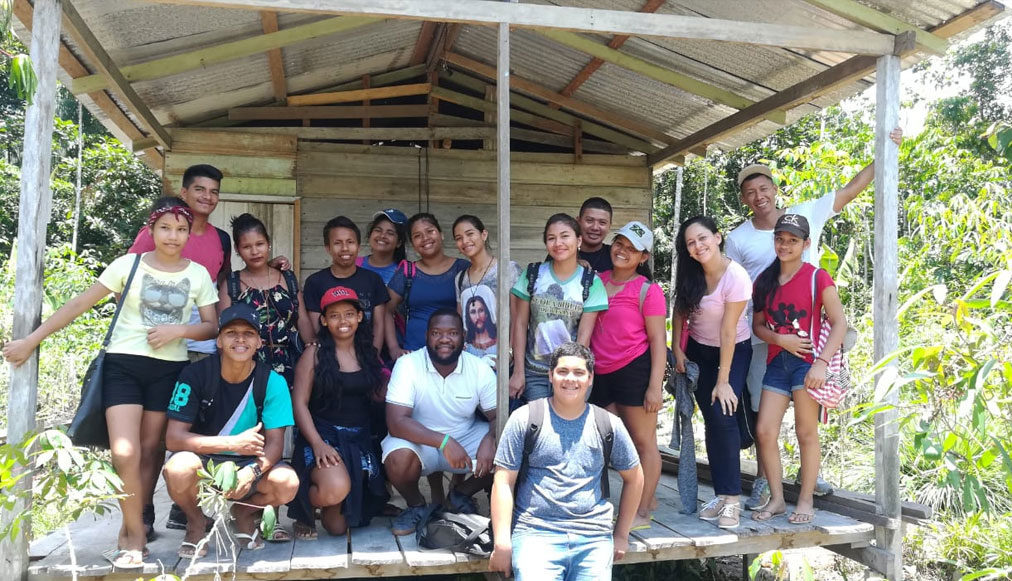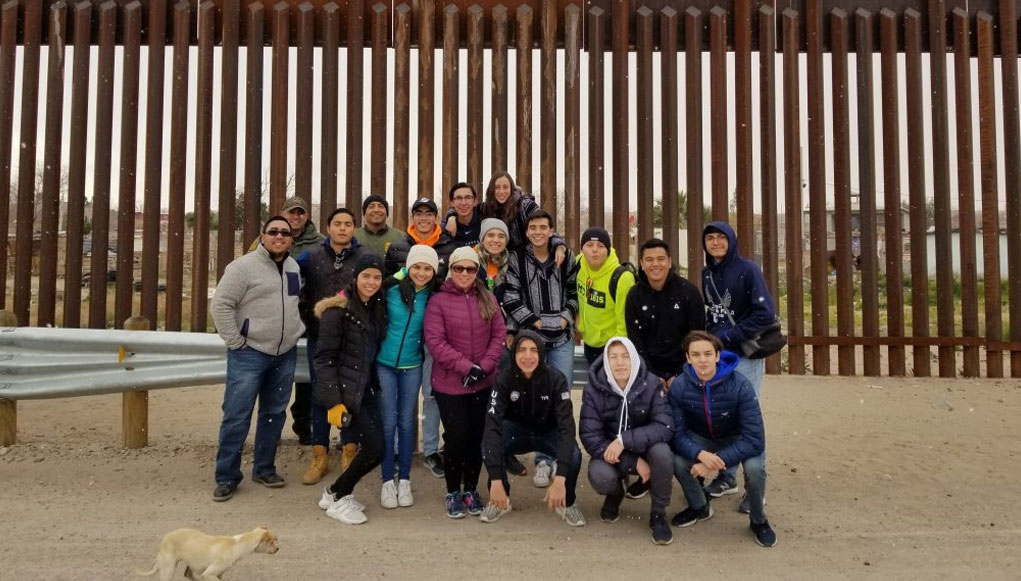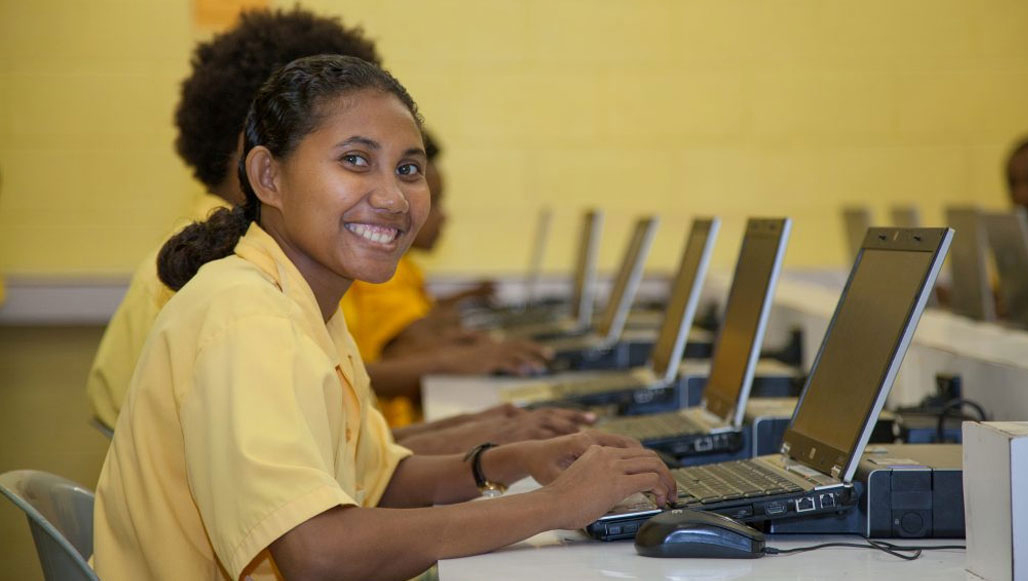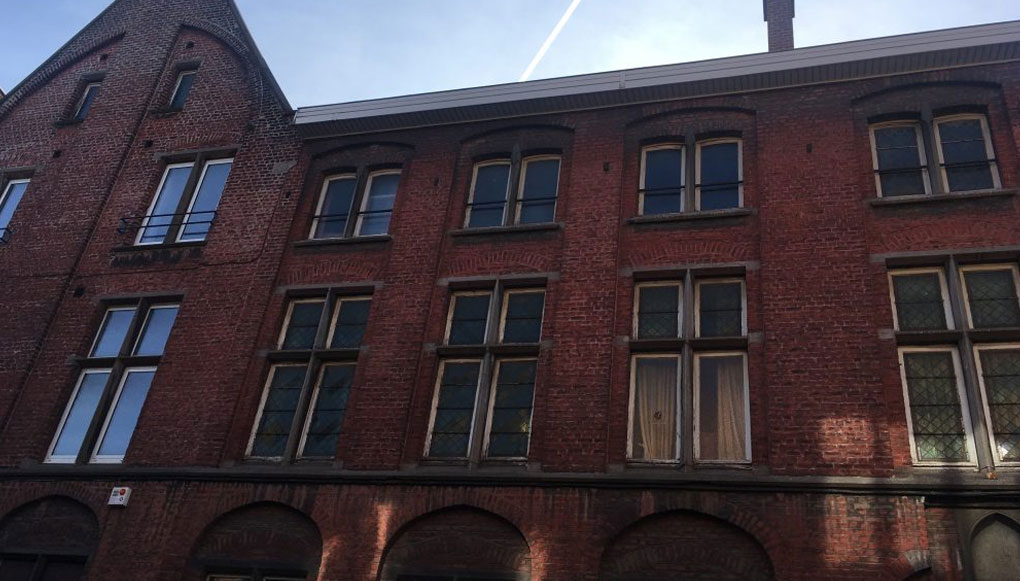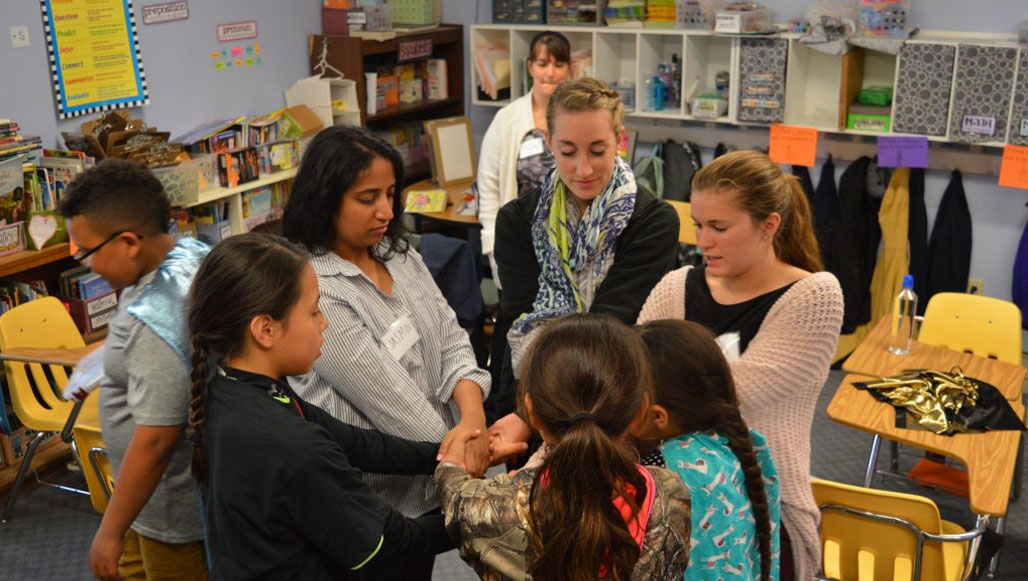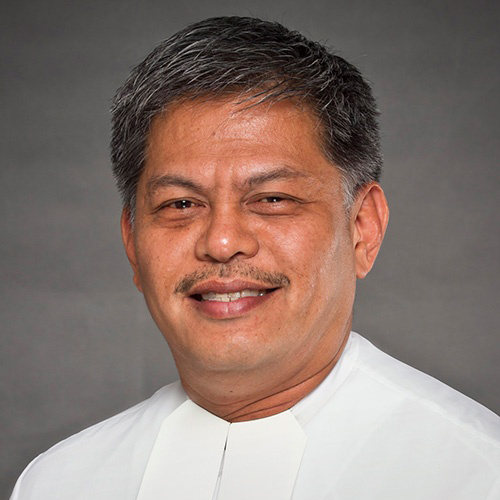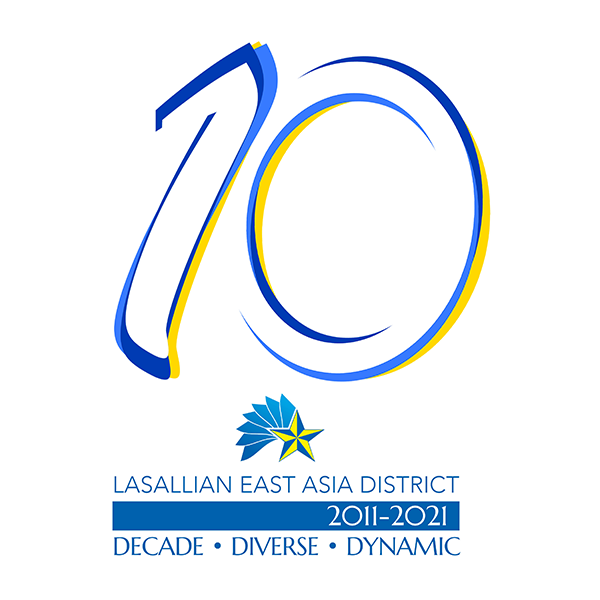Our

founder
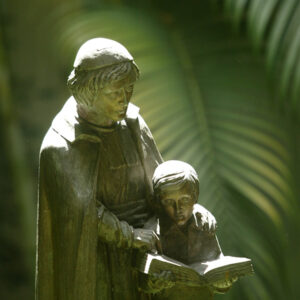
Saint John Baptist de La Salle
Reims, France
April 30, 1651
Ordained priest
April 9, 1678
Died
April 7, 1719
Beatified
February 19, 1888
Canonized
May 24, 1900
Proclaimed Patron of Christian Teachers
May 15, 1950
John Baptist de La Salle was born into a world very different from our own. He was the first son of wealthy parents living in France over 300 years ago. Born at Reims, John Baptist de La Salle received the tonsure at age eleven and was named Canon of the Reims Cathedral at sixteen. Though he had to assume the administration of family affairs after his parents died, he completed his theological studies and was ordained a priest on April 9, 1678.Two years later he received a doctorate in theology. Meanwhile he became tentatively involved with a group of rough and barely literate young men in order to establish schools for poor boys.
At that time a few people lived in luxury, but most of the people were extremely poor: peasants in the country, and slum dwellers in the towns. Only, a few could send their children to school; most children had little hope for the future. Moved by the plight of the poor who seemed so “far from salvation” either in this world or the next, he determined to put his own talents and advanced education at the service of the children “often left to themselves and badly brought up.” To be more effective, he abandoned his family home, moved in with the teachers, renounced his position as Canon and his wealth, and so formed the community that became known as the Brothers of the Christian Schools.
His enterprise met opposition from the ecclesiastical authorities who resisted the creation of a new form of religious life, a community of consecrated laymen to conduct gratuitous schools “together and by association.” The educational establishment resented his innovative methods and his insistence on gratuity for all, regardless of whether they could afford to pay. Nevertheless De La Salle and his Brothers succeeded in creating a network of quality schools throughout France that featured instruction in the vernacular, students grouped according to ability and achievement, integration of religious instruction with secular subjects, well-prepared teachers with a sense of vocation and mission, and the involvement of parents.
In addition, De La Salle pioneered in programs for training lay teachers, Sunday courses for working young men, and one of the first institutions in France for the care of delinquents. Worn out by austerities and exhausting labours, he died at Saint Yon near Rouen early in 1719 on Good Friday, only weeks before his sixty-eighth birthday.
John Baptist de La Salle was a pioneer in founding training colleges for teachers, reform schools for delinquents, technical schools, and secondary schools for modern languages, arts, and sciences. His work quickly spread through France and, after his death, continued to spread across the globe. In 1900 John Baptist de La Salle was declared a Saint. In 1950, because of his life and inspirational writings, he was made Patron Saint of all those who work in the field of education. John Baptist de La Salle inspired others how to teach and care for young people, how to meet failure and frailty with compassion, how to affirm, strengthen and heal. At the present time there are De La Salle schools in 80 different countries around the globe.
The De La Salle

Brothers

The De La Salle Brothers
The Brother is a man who has answered God’s call and has given himself completely to Our Lord by the vows of poverty, chastity and obedience. He has decided to make that commitment in order to put all his powers at the educational service of children and young people. That is why he is called a “religious educator”.
The Brother is a member of a community comprising the other Brothers of the Institute, who are all resolved to “maintain the Christian Schools, especially those for poor students, in association and as a group”, and to be ready to work in their ministry anywhere they are asked to go.
The Brother is a “lay” religious. He is never ordained priest, because the reason for his ministry is not to preside at liturgical services or to administer the sacraments, but to educate his students as Christians in secular subjects as well as in religion.
The Brother is an apostle, whose life is spent for his students to help them in their needs and problems. He has decided to be for each and every student more than even a friend; his wish is to be their Brother.
The Brother is a teacher of catechism, an educator in the faith for his students. He talks to them about God, teaches them the truths of religion and how to increase their Faith, he helps them in their Christian life and guides them in knowing and loving God.
Since God has given him that task, the Brother looks after all his students, but he takes special care of the poorest and those most in need, for they require more assistance than the others.
The Brother always lives united to God. From mental prayer he receives strength as a religious educator. He lives with God and puts his students in contact with God.
The Brother is a professional educator, therefore he always keeps up to date by study and personal reflection, so that he will be competent in his work.
In the footsteps of the Founder, 13 Brothers have been canonized, 77 are beatified and another 86, among them numerous martyrs, are on either on the way to sainthood with their process begun or nearing completion.
The work undertaken by John Baptist de La Salle is now continued by the Brothers and many lay people who live their spirituality and exercise the ministry of education, building the future of our world.
Lasallian

Identity and Spirituality

Lasallian Identity and Spirituality
As much as possible throughout the text, we have included links to the writings of John Baptist de La Salle that Br. Gerard quotes. We hope this investigation into Lasallian spirituality helps you to broaden your knowledge of what we believe is an essential part of our lives as Brothers:
pdf – 127 KB
The word ‘spirituality’ itself was coined in French only in the course of the early 17th century to distinguish some of the very divergent paths followed by devout Christian men and women as they lived out the Gospel. When expressions such as ‘Jesuit spirituality’, ‘Carmelite spirituality’ or ‘Franciscan spirituality’ are employed, the adjective gives a certain individuality to the noun ‘spirituality’, yet there seems to be nevertheless a broadly common understanding of the word ‘spirituality’ itself.
What, then, does the adjective ‘Lasallian’ add to the common understanding of the word ‘spirituality’? This article written by Br. Gerard Rummery suggests that it brings a particular ‘flavour’ or indeed emphasis, because it is inseparably linked to the life-story of Saint John Baptist de La Salle and the world-wide educational movement of which he founded.
He notes that if the original enterprise of some three hundred years ago attracted persons who were primarily teachers in a formal sense, the living heritage today is shared by a wide range of people, principally teachers but including also social workers, front-office people, all those who can be included within the broad category of Lasallian educators.
In this article, he speaks of Lasallian spirituality in terms of:
1. The spirit of community.
2. The spirit of faith
3. The spirit of zeal
4. A ‘practical’ spirituality
5. Some sustaining metaphors of Lasallian spirituality
6. Towards a conclusion
Lasallian Mission

Worldwide

Lasallian Mission Worldwide
The three centuries that separate us from the birth of St. John Baptist De La Salle have been very rich. The proof of this is the continuity of his mission and the affirmation in different contexts of his spiritual heritage.
Today, the great De La Salle family is made up of more than 3,000 Brothers, who together with the 90,000 educators and lay collaborators assist in more than 1,100 educational works, in 80 countries more than 1 million pupils, including children, young people and adults.
The educational centers of the Lasallian Institute include all grades: kindergarten, primary education, middle schools, high schools, non-formal educational centers, vocational training centers and universities.
Half of these Lasallian students are at risk of social and educational exclusion in the most fragile countries and/or contexts on our planet. The spirit of the Mission, in fact, is to offer an educational opportunity to those who otherwise would not have access to education and to foster the inclusion of the most marginalized social groups, women and girls, and students with special needs, throughout the world.
Through its educational centers, the La Salle Institute listens to the needs of the realities in which it operates and responds with integrated and sustainable programs so that its schools become a driver of development for the whole community.
To make this possible, the Institute can count on the Secretariat of Solidarity and Development and an international network of Lasallian Non-Profit Organizations, which, in line with the United Nations’ Sustainable Development Goals, carry out projects of solidarity, cooperation for development and volunteerism to build a more equitable world.
The educational activity of the Lasallian Mission is carried out in different social sectors. The Institute has always been committed to education for the rights of children. In the year of international literacy (1990), UNESCO awarded the NOMA prize to Lasallian institutions. There is a collaboration with the Intercongregational Project “Solidarity with South Sudan” of the Union of Superiors General; the Institute is also among the founding members of BICE(Bureau International Catholique de l’Enfance).
Our Vocation is to provide accessible education for the poor and the marginalized.
The school is in Rumbek, South Sudan, the world’s youngest nation that became independent in 2011 after a long and bloody war with northern Sudan. Due to the ongoing civil war, started in 2013, many of the already insufficient educational infrastructures have been destroyed or misappropriated and converted for other use. Educational attainment is extremely poor because of the lack of schools, qualified teachers, and materials. In order to respond to this urgent need, La Salle School- Rumbek opened its doors in March 2018 in the Loreto Sisters’ existing facilities, with a first The Brothers’ goal is to build and equip a brand-new school, which will be able to host more than 300 students.
The Bamboo School is located on the border of Thailand and Myanmar. Constructed from bamboo, the school houses children of immigrant families who have no rights and are considered stateless. These children are denied access to Thai schools and the Bamboo School presents the only opportunity for them to receive an education. Tuition is free for students and parents contribute a small plate of rice veryday which the school enriches with additional nutritional component and often serves as the only meal of the day for these children. The school has an outreach action which helps the kids in getting the legal documents from Thailand authorities.
The Além Project (Animación Lasallista de Evangelización y Misión) has its coordination centre in Tabatinga, a town of about 60 thousand inhabitants in the heart of the Amazon, in the “triple border” between Brazil, Colombia and Peru. However, the main feature of the project is that – being its action itinerant – it will impact a number of rural communities through the forest. The socio-educational activities have a special focus on the empowerment of the Indigenous population. The efforts entail the following fields: providing teacher training, literacy and vocational training for youth, and promotion of sustainable practices through workshops and sensitization initiatives.
El Otro Lado, which means “the other side,” is a USA-Mexico border immersion program that takes place in El Paso, Texas, and Tucson, Arizona, where communities of Brothers and volunteers serve in Lasallian secondary schools. El Otro Lado provides Lasallian students from around the Lasallian Region of North America (RELAN) with the opportunity to explore the USA-Mexico border and learn about the many complexities surrounding the topic of immigration. Through the various program components, the program allows students to interact with humanitarian aid groups, government officials and those directly impacted by USA immigration policy. Discussion and prayerful reflection are key components of the 5-day program.
La Salle Hohola Youth Development Centre is recognized as a technical college since January 2015. It is now called La Salle Technical College–Hohola. This Centre was established in 1973 to cater for the poorer students of Port Moresby. The main source of enrollment are students who are unable to continue their studies in registered High or Secondary Schools due to family and personal problems or those students who have not been selected for High School. Currently the College has 34 teaching staff and 24 Ancillary Staff. The total number of students is 750. A percentage of 87% to 92% of the graduates are employed every year in a decent and reputable organization or companies.
This project is the response of the Lasallian Region of Europe and the Mediterranean to the commitment to carry out a new educational community in the area of Molenbeek (Brussels, Belgium).
The aim of this project is to create an international community that goes beyond borders, responding to the educational needs of vulnerable youth in a mostly Muslim and marginalized neighborhood in the capital of the European Union. The educational community of Molenbeek is part of the wider ADRIEN NYEL project that includes the actions carried out by the CasArcobaleno project in Scampia (Naples), La Salle Home in Iasi (Romania) and Hogar La Salle Community (Jerez de la Frontera, Spain). ADRIEN NYEL communities are places for living, experiencing and serving those most in need, opened to International Volunteering.
OKI-NI-SOO-KA-WA (Come and See) Blackfeet Immersion provides the participants with an intercultural experience in Browning, Montana. A community of Brothers and volunteers serve at De La Salle Blackfeet School where the immersion takes place. It invites students and teachers to affirm a common bond among all peoples as children of God and challenges perceived boundaries between oneself and others as well as oneself and God. The OKI-NI-SOO-KA-WA Blackfeet Immersion experience includes direct contact with the people of the Blackfeet American Indian Reservation as well as prayer and reflection, all in the context of community, simplicity and service learning.
"During the COVID-19 pandemic, when schools were closed and cities on lockdowns, the LEAD Council heeded the invitation from the Brother Superior, Br. Robert Schieler FSC, to become beacons of hope and creators of bold decisions."
Towards a Decade of LEAD
2021 May 15 marks the 10th anniversary of the Lasallian East Asia District (LEAD). For our LEAD Lasallian History, we’d like to share something from the beginnings of the District.
Send a Hill Tribe student to school by donating.
True to our spirit of being Christians carrying on our Lasallian Mission of making education accessible to the poor and the marginalized, the means to help La Salle Mae Hong Son become a reality are countless.
Karl Velhagen
President, De La Salle Alumni Association
Email: karlvel1953@gmail.com
Account Name: DE LA SALLE BROTHERS INC.
US$ Account Number: 9009-25269-3
PESO Account Number: 7590-20538-3
Bank Name: RIZAL COMMERCIAL BANKING CORPORATION
Branch Address: GREENHILLS BUSINESS CENTER UNIT MA-103 MCKINLEY ARCADE GREENHILLS SHOPPING CENTER, SAN JUAN 1502 METRO MANILA, PHILIPPINES
BIC-Address Swift of the Bank: RCBC PHMM
Reference or Purpose: LA SALLE MAE HONG SON DONATION
Kenneth Wong
President, St. Joseph College Old Boys Assn. (SJCOBA)
Email: wkenneth2005@gmail.com
Samuel Mak
Excom Member, St. Joseph College Old Boys Assn. (SJCOBA)
Email: sam@madison.asia
Tsunetoshi Itoh
Gen. Sec., Japan Federation of La Salle Alumni Assn. (JFLSAA)
Email: ts_itoh@abox7.so-net.ne.jp
Rupert Gwee
President, The Patrician Society
Email: rupert.gwee@gmail.com
Br. Joseph Klong Chaiphuak FSC
Chair of Directors’ Association
De La Salle Brothers.
Email: joe_klong@yahoo.com
Mobile: +66845727838
Br. Benedict Chaiwat Phanomworachai FSC
Email: benedictfsc@gmail.com
Mobile: +66994549492
Account Name: LA SALLE FOUNDATION
Account Number: 679-216623-1
Code: SICOTHBK (must be Bank Name: SIAM COMMERCIAL BANK – THAILAND
Bank Address: Thai Commercial Bank, Sangklaburi Branch, 199/1 Moo3 Nong-Lu District, Sangklaburi, Kanchanaburi, 71240, Thailand.
Michael Simon
President, Malaysian Federation of Lasallian Alumni Assns. (MFOLSA)
Email: michaelsimon16@gmail.com
Br. Lucas Thein FSC
Chair of Religious Association Myanmar Sector
Email: 61lucasthein51@gmail.com
Mobile: +959770609304
Email us at lsmhs@lasalle-lead.org for the details.
Engage with us.
LA SALLE MAE HONG SON
66 Moo 1, Khun Mae La, Mae La Noi District, Mae Hong Son, Thailand 58120
Email: lsmhs@lasalle-lead.org

